It Takes a Global Village to Tackle Child Labor on Farms
We can all play a crucial role to ensure that all children grow up in dignity. So, who’s with us?... Continue Reading
Home / Issues / Human rights / Child labor / Page 5
Some of world’s most traded goods—coffee, chocolate, tea, bananas, palm oil, and timber products—have human rights abuses, like child labor, embedded in their supply chains. In fact, the majority of children engaged in child labor worldwide—71 percent—are found in the agricultural sector.
There is no place in responsible business practices for child labor and other human rights violations. That’s why our 2020 Certification Program is shifting to an “Assess-and-address” approach, which goes much further than a simple prohibition approach in its ability to drive change on human rights. This risk-based approach focuses on prevention, collaboration, and improvement. It incentivizes farmers to tackle the root causes of child labor in collaboration with their supply chain, local government, and civil society, rather than hide it.
To further support farmers in their due diligence journey to prevent, monitor, and remediate the issue, we have developed a child labor toolkit. This step-by-step guide helps farms, businesses, and others to implement child labor due diligence, including risk assessments, mitigation actions, remediation, monitoring, engaging with children safely, and context behind legislation.
We call on you to take action to tackle child labor in your supply chain. Please contact us with additional questions.
Our comprehensive child labor toolkit offers step-by-step modules to assess, mitigate, monitor and remediate child labor in agricultural settings.
Read our position paper to learn how we tackle child labor in agricultural supply chains and rural communities.
Download this one-sheet on integrating our assess-and-address approach with CLMRS and Child-Labor Free Zones.
Learn more about our community approach to addressing child labor in Turkey.
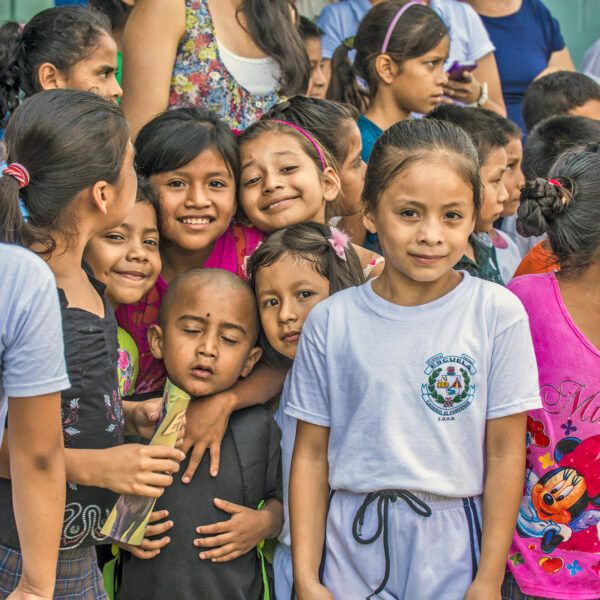
We can all play a crucial role to ensure that all children grow up in dignity. So, who’s with us?... Continue Reading
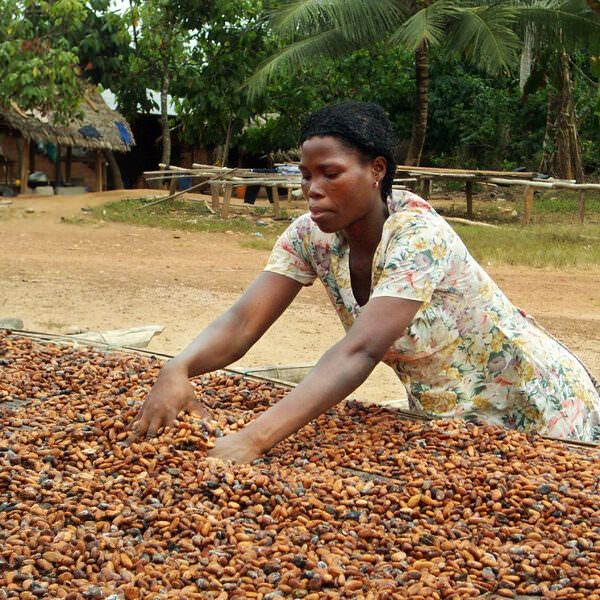
Our assess-and-address approach focuses on prevention, engagement, and improvement of human rights issues, and incentivizes farmers and companies to tackle human rights issues rather than hide them.... Continue Reading
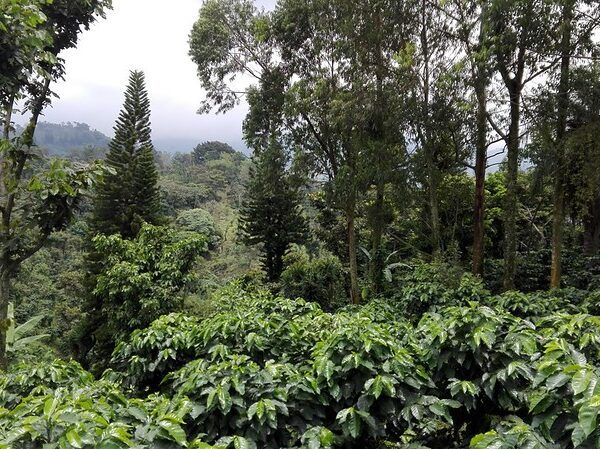
For the Rainforest Alliance’s Claudia Medrano, preventing child labor in Guatemala’s coffee landscapes is personal... Continue Reading
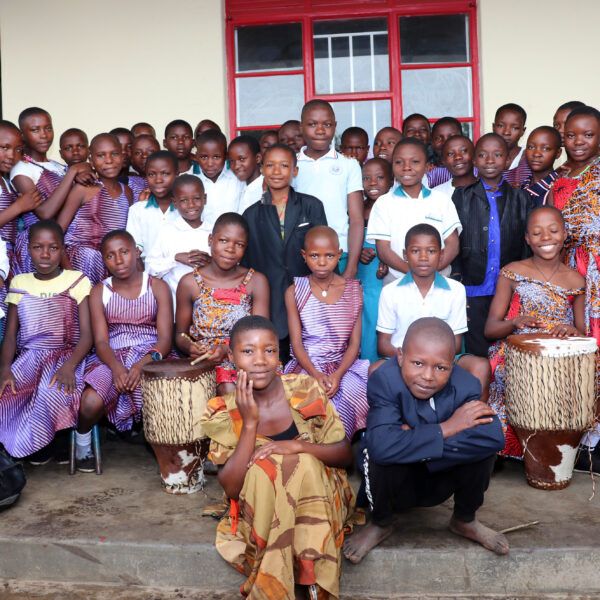
With the overarching goal of reducing child labor within coffee-farming communities, this project aims to create specific impacts within the partner communities—generating insights for other stakeholders to follow within their own contexts... Continue Reading
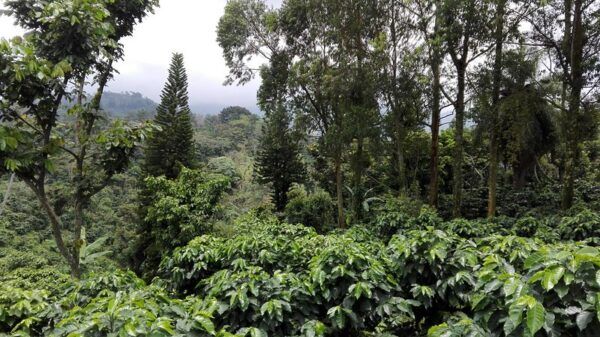
For the Rainforest Alliance’s Claudia Medrano, preventing child labor in Guatemala’s coffee landscapes is personal... Continue Reading

Child labor must stop but it is a complex issue with different social, economic, and political causes.
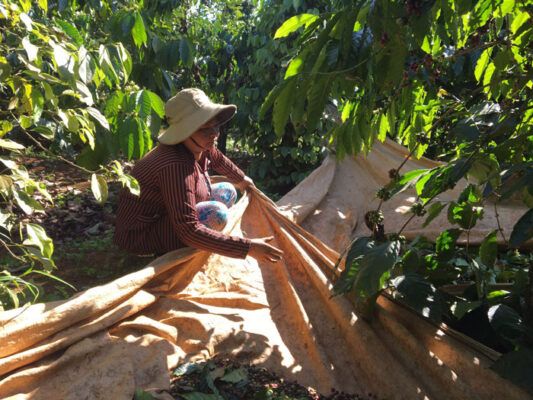
Vietnam’s fertile Central Highlands are ideal for growing coffee and production of the crop has soared over the last few decades. Although the growth of the industry has created thousands of jobs, many small-scale farmers struggle to make a living due to the overall low profitability of the sector. Child labor is also a widespread issue.... Continue Reading

Amid Ghana’s tropical forests and lush hills, the cocoa and gold industries are booming. Ghana is the largest gold producer in Africa, and Ghana and Côte D'Ivoire account for over 60% of global cocoa production. ... Continue Reading

The Rainforest Alliance has launched a project to tackle forced and child labour in the cocoa and gold mining sectors of Ghana.
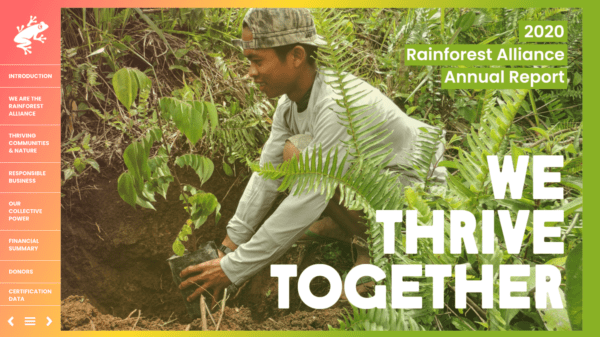
Explore our achievements and discover what gave us energy and hope in 2020—a year unlike any other.